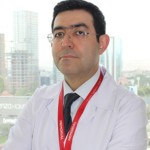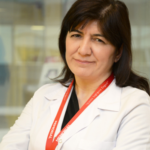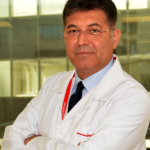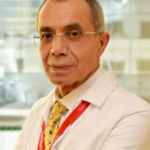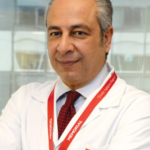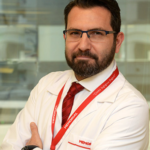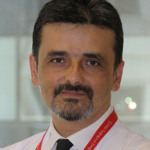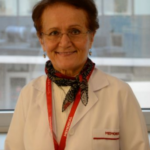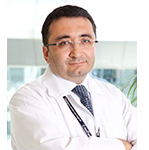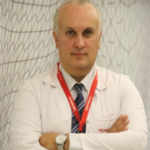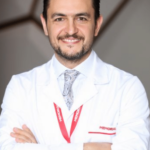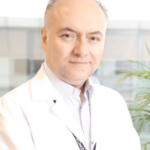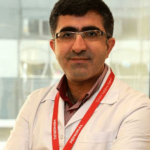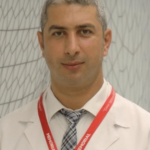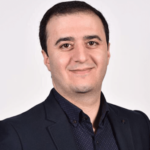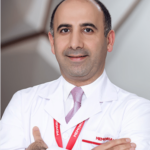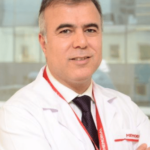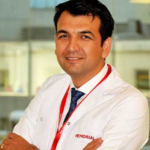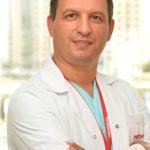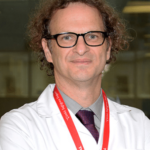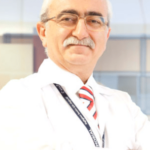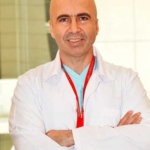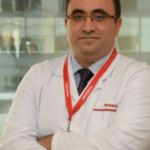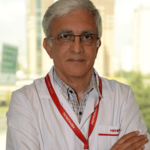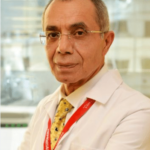Bahçelievler Memorial Hospital is the 11th project of the Memorial Hospital Network. Bahçelievler Hospital offers highly qualified specialists, innovative equipment and a unique architectural solution to provide maximum comfort to patients from all over the world.
Its 75,000 meters of floor space includes 320 ward beds, 15 operating rooms, 49 intensive care beds and 135 outpatient clinics. More than 167 countries visit the clinic each year.
High-tech medical care
At Memorial Bahçelievler Clinic, all the most advanced technologies are in place to provide fast and reliable diagnosis. Many of the presented devices were introduced in Turkey for the first time at this very clinic. The clinic is equipped with such devices as:
- Elekta Versa HD Signature – a new generation of radiotherapy devices. Smart algorithms calculate the exact dose of radiation required to effectively target tumor cells. The beam of radiation does not affect healthy tissue, thereby reducing and preventing side effects and complications after treatment.
- Robotic assisted surgery on the Da Vinci machine allows for precise surgical manipulations in places with difficult localizations, even when conventional surgery cannot be performed. Robotic surgery is particularly effective in oncology patients.
- The Magnetom Skyra 3T is a new MRI machine with an internal diameter of 70 cm and a lifting capacity of 250 kg. This technological solution makes it possible to perform MRI in claustrophobic and overweight patients. Quiet Suite technology reduces noise levels by 97%, which is especially important for children.
- The Somatom Drive CT scanner is equipped with two X-ray tubes with sensors. The unique design allows the necessary images to be taken in just a few seconds. This means that the radiation load is much lower compared to conventional CT machines. Somatom Drive CT is suitable for people suffering from claustrophobia, as the diameter of the tube is 78 cm.
- Biograph mCT with LSO crystal, gives accurate information about tumor spread, even with minor lesions. Patients receive a lower dose of radiation compared to standard PET machines.
Center for Advanced Endoscopy
Endoscopy is a minimally invasive method of diagnosis and treatment using a special elastic tube with a camera on the end – an endoscope. This method is used to examine the entire gastrointestinal tract, beginning with the esophagus and ending with the rectum.
Physicians have modern endoscopes with high resolution, optical and digital zoom, as well as endoscopes with ultrasound diagnostics in their arsenal. This variety of technology allows for a personalized approach to solving each patient’s problems.
To diagnose gastrointestinal diseases, doctors perform optical chromoendoscopic examinations (LCI, NBI, BLI). In this case, special dyes are injected into the cavity of the digestive tract, which stain the special type of cells needed for diagnosis. The results of chromoendoscopy provide information about precancerous conditions and the presence of a tumor at an earlier stage.
The main advantage of endoscopy is that it is minimally invasive and effective. For example, polyps and tumors at an early stage are removed by ESD (endoscopic submucosal dissection) technique at Memorial Bakhchelievler. After endoscopy, the rehabilitation period is significantly shorter and better tolerated by patients compared to conventional surgical interventions.

